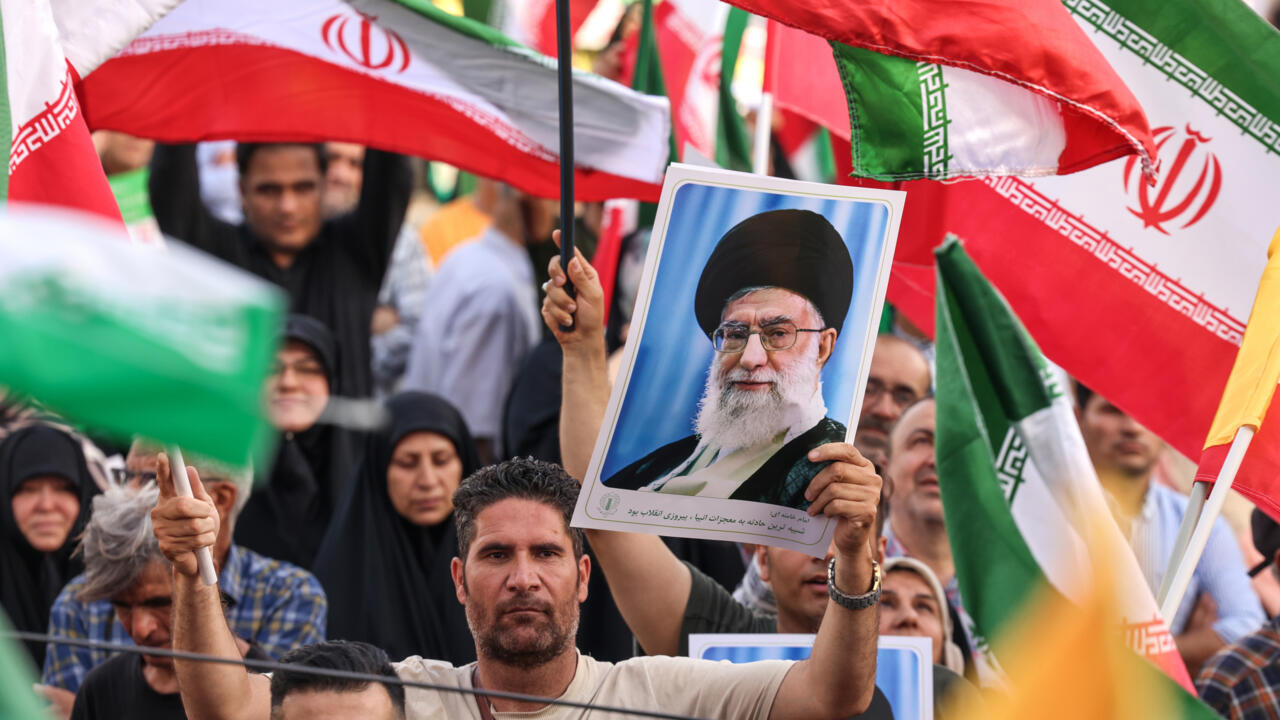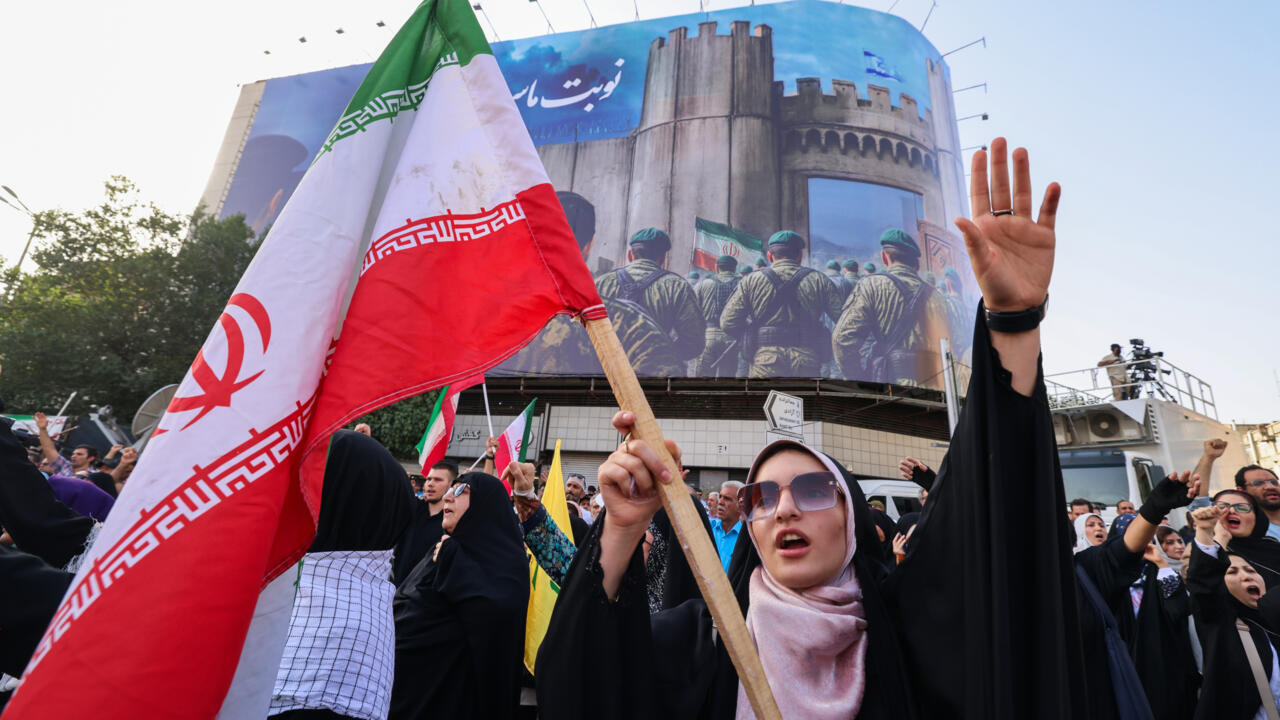.webp)
 Sushma Ramachandran
Sushma Ramachandran
A ceasefire may have been declared in the conflict between Israel and Iran, but it remains a fragile peace. Tensions remain high in the region, and it cannot be said with certainty that the war is over. Undoubtedly, there is a sense of relief that a global political and economic crisis has been averted for the time being.
Prices of crude oil have subsided after the initial spike during the hostilities. This is a welcome development for India, one of the world’s biggest oil importers. The other good news following the ceasefire declaration is the strengthening of the rupee. Thus, the outlook on the economic front has brightened for this country, at least in the short run.

Worries have also receded over the prospect of Iran blocking the crucial Strait of Hormuz, a key sea route for global trade in general and fossil fuels specifically. During the crisis, the Iranian Parliament voted in favour of blocking one of the world’s most critical chokepoints. The U. S. Energy Information Administration (EIA) defines a chokepoint as a narrow channel along widely used global sea routes that are critical to global energy security.
The strait conforms to this definition as about 25 percent of the world’s crude and 20 percent of the liquefied natural gas (LNG) supplies are shipped through it. Consequently, any disruption in the strait’s traffic could impact energy availability in many parts of the world. The channel is likely to remain open for now, bringing relief to the global shipping.

Much of the commentary during the hostilities was focused on Iran’s role in the Strait of Hormuz. The fact that Oman has an equal role in this regard has been kept in the background. The sovereignty of the strait is divided between Oman and Iran. Both countries extended their territorial waters up to 22 kilometers; Iran in 1959 and Oman in 1972. Thus, vessels move through the territorial waters of both nations during the passage. Neither has, till recently, ever declared its intention to block the strait.
Oman has been maintaining a low profile during the recent strife in the region. The maritime shipping publications have reported that traffic moving through the strait over the past few days is carefully keeping within Omani territorial waters. Two large crude tankers even reversed course, withdrawing from the Strait, due to fears of attacks by Iran.
The Oman Navy is also determined to maintain its sovereignty over its sea lanes. No wonder Oman has emerged as a mediator in the Iran-U.S. talks on the nuclear issue. It also condemned the American strikes on Iran’s nuclear facilities and sided with Iran. At the same time, it seems keen to ensure that traffic in the Straits of Hormuz moves unhindered. In the future, therefore, Iran will have to weigh the cost of disturbing harmonious relations with a supportive Gulf nation against pressures to block the strait.

Policymakers in India, however, can be sanguine for now, even though 40 percent of the country’s crude supplies traverse the strait. This is largely because global oil inventories are high, and alternative suppliers in West Africa and Latin America are easily accessible. For many years now, India has been importing crude oil from a wide swath of countries, and it’s a deliberate effort. Nearly one-third of the oil demand is currently being met from Russia, while imports from the U.S. have also risen substantially. Any closure of the Strait of Hormuz is therefore likely to have only a minimal impact on this country owing to the ample availability of oil in the global market.
This is not to say that an Israel-Iran war will not have any negative fallout on India. Any curtailment of supplies from the Gulf region is bound to lead to a spike in oil prices. In the latest crisis, prices of the benchmark Brent crude shot up from less than 70 to 81 dollars per barrel. These fell equally fast, dipping to 67 dollars immediately after the announcement of the ceasefire. Even so, any hardening of global prices is bound to create inflationary pressures in a country that imports 85 percent of its fuel requirements.
The disruptions in merchant shipping via the Suez Canal will also result in a rise in prices of imported goods; exports to developed country markets and also less competitive. As much as 15 percent of global trade moves through the Red Sea and the Suez Canal. These cargoes have been targeted by the Yemen-based Houthi rebels, who have sought to support Hamas in its war with Israel. The outcome of these persistent attacks has been that many shipping lines are now taking the longer route via the Cape of Good Hope. This is despite the reported agreement by U.S. President Donald Trump with the rebels to avoid attacks on American vessels.
A prolonged Israel-Iran war is bound to have global repercussions and it would have ripple effects on the Indian economy. This largely leads to imported inflation and also to shortages of goods.
READ MORE: From files to the finish line: Anisa Nabi's unique race
On the positive side, the country’s energy security is unlikely to be affected as sources of supply are diverse and there is less reliance on West Asian oil producers. Even so, geopolitical tensions must be monitored in the days to come to minimize any impact on the economy.
